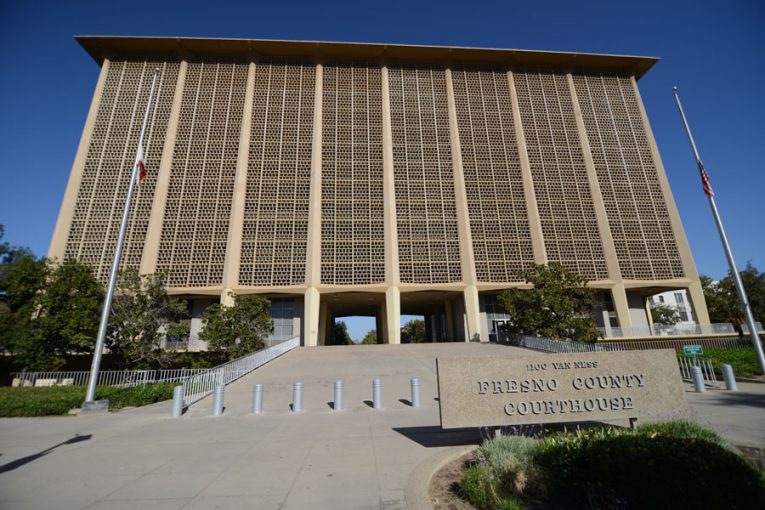

By Danae Snell
FRESNO – If court cases are any indication, the coronavirus has the ability to not only affect human beings’ immune systems, but also violence within a household.
According to the National Coalition Against Domestic Violence, “On average, nearly 20 people per minute are physically abused by an intimate partner in the United States,” resulting in more than 10 million individuals experiencing trauma and abuse from a loved one every year.
The U.S. National Institutes of Health’s National Library of Medicine has also addressed this issue with concern that the statistics in domestic violence cases has increased during the nation’s necessary precautions to prevent the spread of the coronavirus, which include “social-distancing, sheltering in-place, restricted travel, and closures of key community foundations.”
This pandemic has caused many programs, facilities, and services to shut down—leaving victims without the necessary resources, and perpetrators without programs to help change the errors of their ways.
Judge Francine Zepeda, from the Fresno County Superior Court, witnessed firsthand the effect COVID-19 has had in the courtroom. Several defendants spoke within the court stressing about how this pandemic has delayed the process of enrolling in programs that have been put in place to help domestic violence perpetrators.
The defense attorney for defendant Stephanie Dominguez argued on her behalf, stating “because of the COVID virus she’s unable to enroll into any child abuse programs. She is here for a re-referral  so she can get that going now that classes are opening back up.”
so she can get that going now that classes are opening back up.”
Some defendants failed to even appear before the judge due to the pandemic, but in this situation the courtroom preferred their attendance to be missed. For instance, one defendant being represented by Deputy Public Defender Annie Freitas was forced to enter into a general time waiver to defer his preliminary hearing because he tested positive for COVID-19.
His exposure to the virus has caused his preliminary hearing to be deferred over a month past its initial date, under good circumstances. However, this also means that any attempts to seek help through programs is placed on hold in order to limit his contact with other individuals.
In terms for the victims of domestic violence, they are “finding themselves trapped in the home with a violent perpetrator during a time of severely limited contact with the outside world.”
With schools, libraries, churches, and other supportive locations closed, that means that families suffering from domestic abuse lose emotional support and the opportunity to escape from their abusive home environment.
Some perpetrators are even feeding off this pandemic through the fact that it is common for domestic abusers “to isolate their victims as an act of control or to reduce opportunity for disclosure of abuse, and the current societal conditions are likely furthering the impact of these actions.”
Those in power to make decisions are taking the necessary actions to prevent the spread of COVID-19, but sadly, in the process, they are also increasing the chances of spiking domestic violence cases.
Gun and ammunition prices have increased in light of the pandemic, and there has been a clear connection between firearms and fatal domestic violence incidents. Another action taken that could increase domestic violence in a home is “the mass release of prisoners to reduce their risk of spreading Covid-19 in confinement.”
Quarantine affects every home differently; however, each home shares the overwhelming sensation of feeling trapped within the same walls every day. This feeling is causing divorce rates, depression levels, and violence to increase.
Ultimately, Fresno Judge Zepeda approached each case with an apparent understanding that the pandemic can delay the defendants’ actions for change.
To sign up for our new newsletter – Everyday Injustice – https://tinyurl.com/yyultcf9
